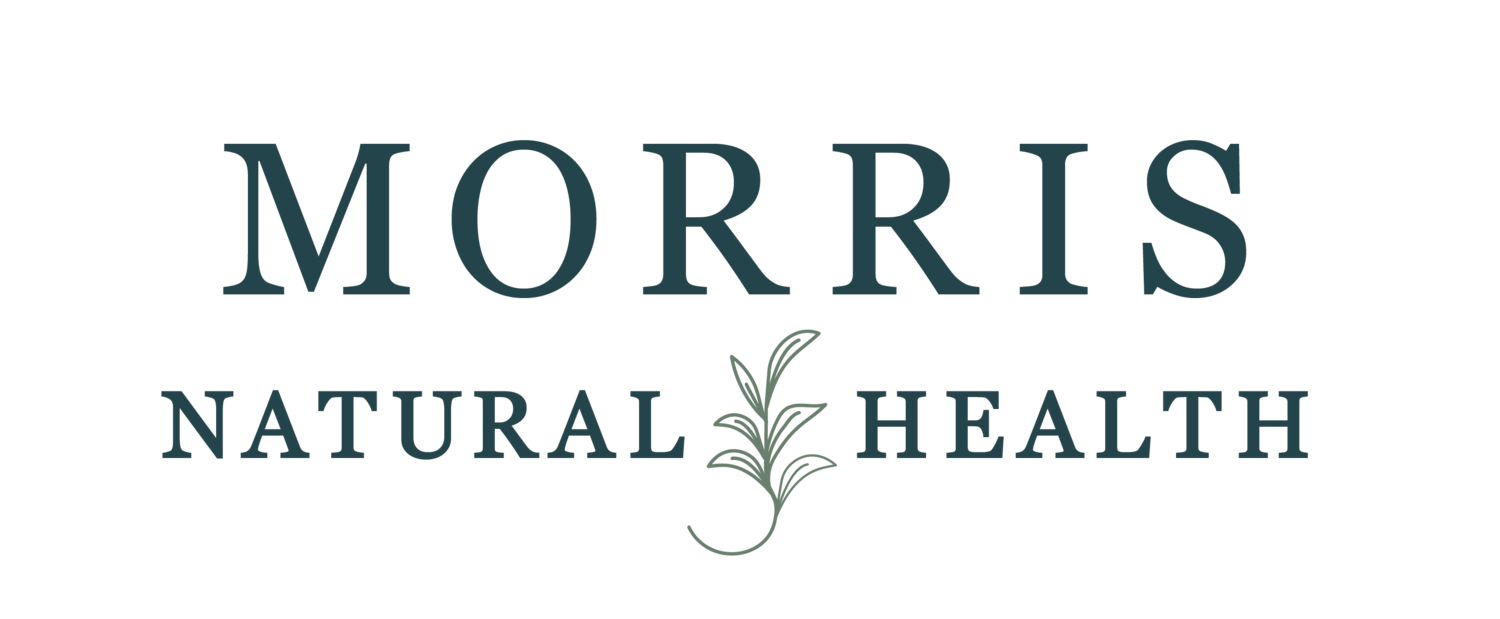High in omega-3 fatty acids, vitamins D and, B2 plus a great source of minerals, like iron and zinc, good quality fish is an essential element to a healthy diet. I encourage all my clients to add some kind of fish to a few meals per week. A favorite in my house is sardines.
Choosing poor quality fish can actually harm your health. Larger fish and those that are farm raised contain more contaminants, which affects your health and can lead to illness like cancer.
Here are a few tricks to help you avoid contaminated fish and find good quality fish to boost your health.
First and foremost, avoid most farm raised fish. Farm raised fish have been shown to contain high levels of PCBs (polychlorinated biphenyls) which is a man made chemical. PBCs can cause cancer, weaken the immune system, have negative reproductive effects, and a lot more. To avoid PBCs choose wild caught fish. Be sure to also avoid wild caught Asian imports, as Asian waters are highly contaminated.
When buying canned and packed fish, look for the blue MSC symbol. This symbol indicates that the fish were caught from fisheries that have met the Marine Stewardship Council’s sustainable standard. Next time you pick up a can of tuna, double check for the blue MSC symbol to make the best purchase. This goes for wild caught, frozen shrimp as well!
Always eat smaller fish from the bottom of the food chain, such as sardines and anchovies. Not only are they cheaper and more easily available, they contain less contaminants. Larger fish on the other hand contain higher levels of mercury, PCBs and more due to both bioaccumulation and biomagnification. Always avoid buying big fish and stick with the little ones.
FISH TO AVOID: shark, ahi tuna, marlin, orange roughy, sword fish, king mackerel, catfish, tilapia
FISH TO EAT: sardines, cod, salmon, shrimp, clams, mussels, scallops, trout, anchovies
Get a copy of my fish selection tips and tricks here!
Resources:
https://www.ewg.org/research/pcbs-farmed-salmon
https://www.epa.gov/pcbs/learn-about-polychlorinated-biphenyls-pcbs

